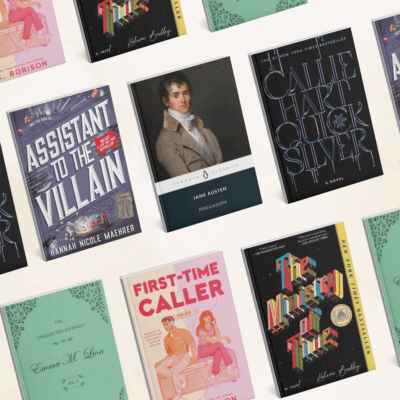Does anyone else out there feel like a slave to sudden food cravings? As women, we’re nearly twice as likely as men to experience them, and if you’re like me, you know that when you get hit with a craving, there’s almost no way to satisfy it other than to eat that food — preferably, as soon as humanly possible. There are a number of different factors that contribute to the sudden onset of a craving, and understanding them is the first step to controlling that pesky, unpredictable appetite.
1. Vitamin Deficiencies
When we think about food cravings, the common thought is that they’re a result of certain nutrient deficiencies. For example, many of us claim to crave iron-rich red meat around our periods, while others turn to chocolate as a result of a presumed magnesium deficiency. That line of thinking isn’t wrong, per se, but a 2007 study showed that most cravings are for high-fat, high-calorie foods. Surely our bodies aren’t depleted of the nutrients found in pizza and ice cream! Nevertheless, those cravings can still be interpreted as representative of vitamins that our body truly needs. Instead of satisfying them with junk food, refer to guides like this one, which get to the root of what certain cravings might actually be telling us.
2. Bad Eating Habits
Let’s get real: eating poorly begets more poor eating. According to nutrition professor Susan Roberts,
“When we crave chips — that is not because we need sodium and white carbs — it is because we have managed to set up a habit of eating them and the habit has — as habits do — turned into a craving.”
As your body grows accustomed to turning to unhealthy foods during times of hunger, the yearning for those foods only grows.
Science backs this up, too. According to Tufts, “As an enjoyable food is consumed, the pleasant feeling of the experience is determined in part by hormone receptors. Over time, these receptors may become less sensitive to the hormones produced when we enjoy a particular food. Eventually, we may need to consume more and more of that food to have the same pleasant experience, similar to the reward circuit seen in drug and cigarette addictions.”
3. Memories and Associations
Do you have a childhood food memory that informs your adult cravings and food decisions? For me, swimming immediately triggers a mac n’ cheese craving since that was our family’s summer tradition.
Do you always order a certain beverage when flying? One that you’d never typically drink otherwise? I’m looking at you, random tomato juice-drinkers.
Sure, these food habits can be special and nostalgic, but we’d be remiss not to recognize them as a big force in impulsive — and oftentimes regrettable — food decisions.
4. Food Messaging
You know that foodie Instagram account you follow? And those mouth-watering recipes you’ve saved on Pinterest? And those billboards and commercials that follow you around all day? Yeah. Turns out those can have very real effects on your appetite.
According to dietician Tara Gidus, “Cravings can simply reflect the food messages that have been bombarded into your brain all day — and in those cases, they have nothing to do with your nutritional deficiencies.”
Take it from someone who spotted one ridiculous cinnamon roll photo two months ago, and as a result, has been talking about making cinnamon rolls… for two months. It’s clear to me now that that craving won’t go away until it’s satisfied, so hey, thanks Pinterest.
5. Dehydration
From having healthy digestion to a glowing complexion, it always come down to drinking more water, doesn’t it? Behold, another reason to keep refilling that bottle. Did you know that dehydration is a common cause of sugar cravings?
John Higgins, MD explains that “When you’re dehydrated, it can be difficult for organs like the liver, which uses water, to release glycogen [stored glucose] and other components of your energy stores, so you can actually get cravings for food.
“It’s also not uncommon for the body to confuse the feeling of thirst with hunger, meaning that you may feel hungry when all you really need is water.”





